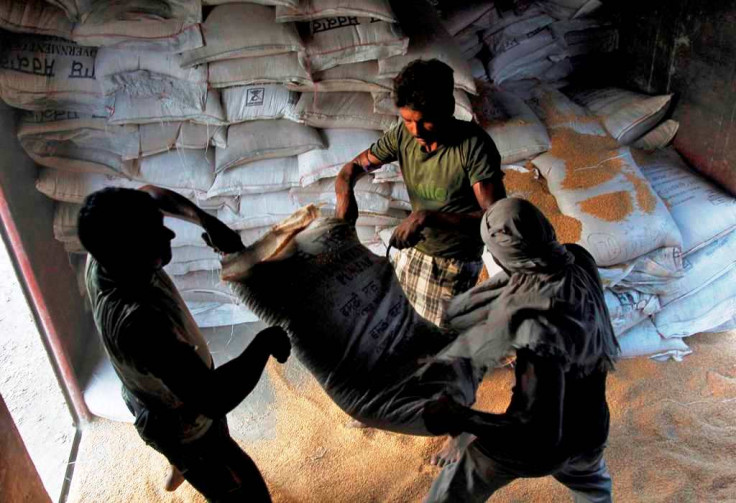India Could Veto Landmark Bali Global Trade Pact

India could this month veto the World Trade Organization's (WTO) landmark trade liberalisation deal, struck in Bali in 2013, in a bid to seek a permanent solution over public stockholding of food grain for its impoverished population.
India has an ambitious plan to subsidise food for two-thirds of its population, but doing so puts it at risk of flouting WTO rules that cap farm subsidies to 10% of production, distorting trade.
In Bali, WTO members agreed to give India a pass on its food stockpiles until 2017, giving countries time to negotiate a permanent solution.
However, New Delhi has now demanded expedited negotiation on food security and wants the WTO to find a permanent solution by 31 July, the deadline for all 160 WTO members to sign the Bali agreement into a protocol that triggers the implementation of the first phase of the deal.
The Bali deal is tipped to inject $960bn (£562bn, €710bn) into the global economy and promises to cut red tape at customs the world over. A failure could prove disastrous for the WTO.
"India clearly and forcefully expressed its concern that work proceed on all fronts, including food stockpiling, and received assurances that all G20 members are committed to the full implementation of all Bali agreements on the agreed timetables," US Trade Representative Michael Froman told Reuters on 21 July, post the 19-20 July G20 Trade Ministers meeting in Sydney.
"India is quite influential, so let's hope that they're going to back down in some way," Peter Gallagher, an expert on free trade and the WTO at the University of Adelaide, told the news agency.
"The way things are moving, there is no way we can agree to the trade facilitation agreement being pushed by the developed nations at WTO within the prescribed deadline. Food security has always been India's main concern and this time we are not going to concede," an unnamed Indian official told the Business Standard earlier.
The Bali world trade talks were part of a 12-year-old drive to expand multilateral free trade in sensitive areas such as agriculture. Negotiations first began in Doha, Qatar, in 2001.
© Copyright IBTimes 2025. All rights reserved.






















